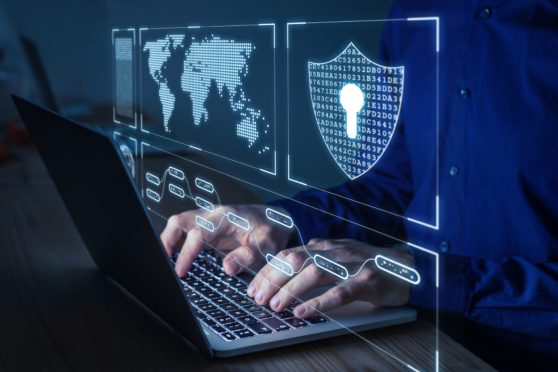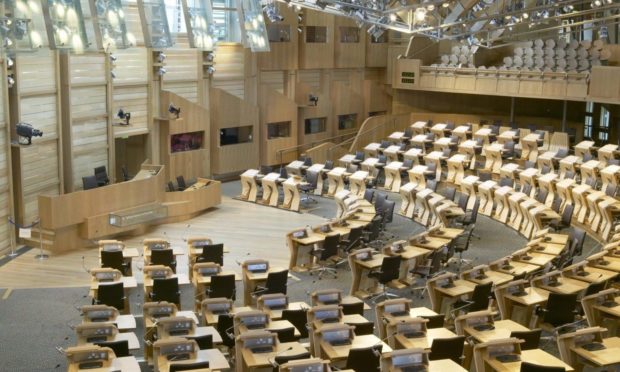A Scottish MP is calling for more action, education and awareness to counter disinformation in society, and cites examples of best practice from Nordic countries that Scotland could adopt.
In a new document released on Monday Stewart McDonald, the SNP’s defence spokesperson at Westminster and a member of the Foreign Affairs Select Committee, outlines what he sees as the threats to Scotland from disinformation campaigns.
They include international state actors who peddle fake news and foment divisive narratives particularly on social media, but also through media broadcasts and apparent ‘soft power’ institutions.
“Russia, China and Iran have all been credibly accused of attempting to distort the information ecosystem in Scottish public life, using a range of platforms and media to manipulate public opinion” says McDonald.
“These campaigns do not themselves create distrust or division, but instead exploit existing rifts in societies and capitalise on pre-existing feelings and beliefs.”
The Glasgow MP points to Iran-linked social media accounts that were recently removed by Facebook; the Kremlin-funded broadcaster RT which features shows fronted by veteran Scottish politicians George Galloway and Alex Salmond; and China’s Confucius Institutes at Scottish universities as prime examples of misinformation networks operating in plain sight.
McDonald says the Covid pandemic has brought misinformation campaigns around the spread of the virus, possible cures and vaccines into sharp focus as well.
“The Scottish and UK governments should recognise that the past year has revealed just how vulnerable our societies are to disinformation, from within and outwith the state, and take urgent steps to build information resilience within the Scottish population.”

Successful national strategies
The new paper from Stewart McDonald looks at best practice examples of countries that have long-standing strategies in place to combat misinformation, and commends Sweden and Finland in particular for a range of efforts that put them ahead of the curve.
The two countries have long adopted a “whole-of-society” approach to countering disinformation with the Swedes producing literature for citizens on identifying false information which might become a threat to national security, as well as training key officials on how to detect and counter influence operations.
The Finns – who share the EU’s longest border with Russia – have had success in the classroom with media literacy lessons for school children to help them question where news comes from, how to identify credible news sources and how to spot misinformation.
There is also training offered for Finnish officials, the media and political candidates at local and national level, with specific campaigns rolled out around election cycles that help raise awareness of the issues of misinformation.
Suggestions to counteract misinformation
As a next step, McDonald wants the Scottish government to be more proactive in recognising the problem and taking concrete action to mitigate against it.
He would like to see a new commissioner appointed for countering disinformation, and calls for the government to commission an independent audit of the Scottish information ecosystem and introduce targeted literacy programmes for parliamentarians, civil servants and journalists – suggestions modelled on existing Nordic best practice.
Mr McDonald wants civil society to play its role as well, calling on organisations to host anti-disinformation events, and says media organisations should hold annual open days, while faith groups and political parties could run workshops for members.
“None of these policies will successfully counter disinformation on their own” says McDonald.
“However, as governments begin to take the threat of disinformation seriously and devise strategies accordingly, it is hoped that these ideas will contribute to a wider discussion about the role we can all play in building resilient societies.”

